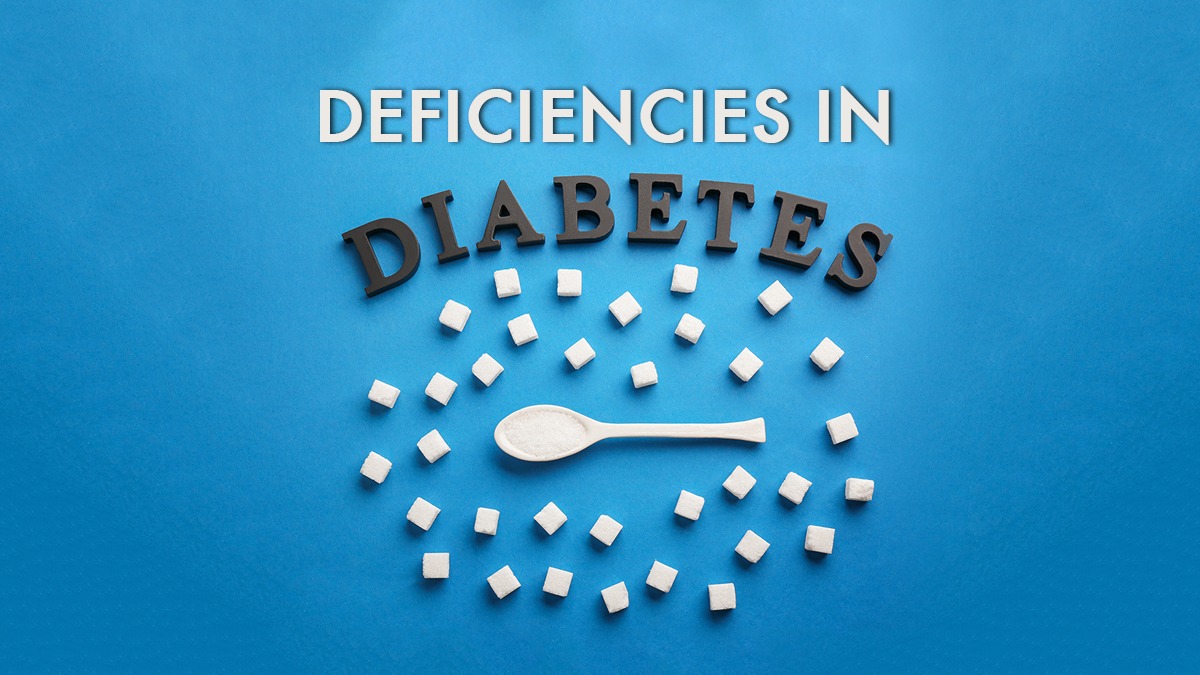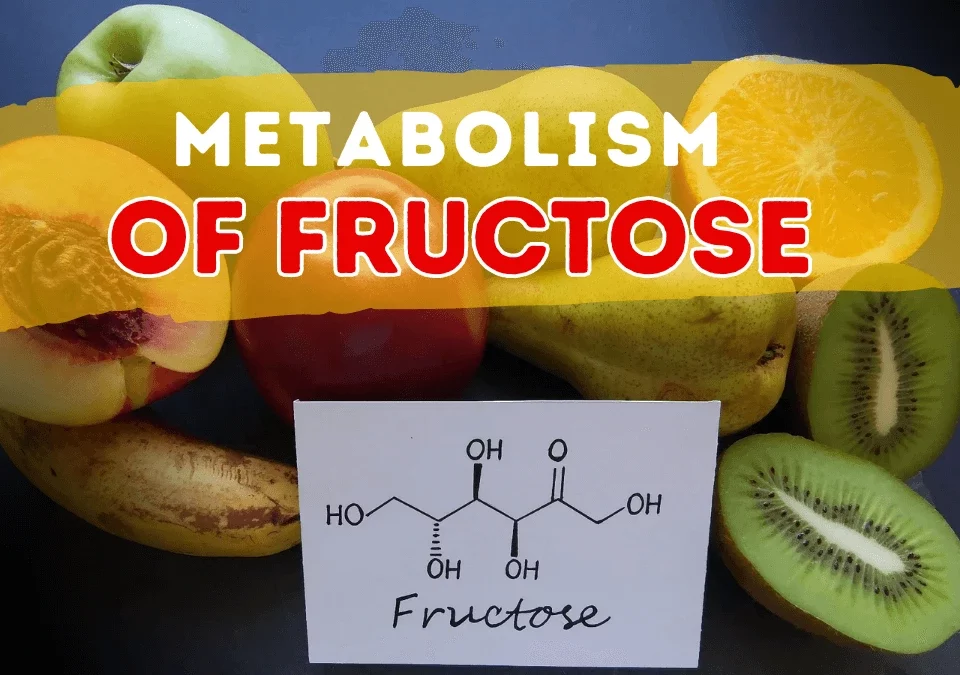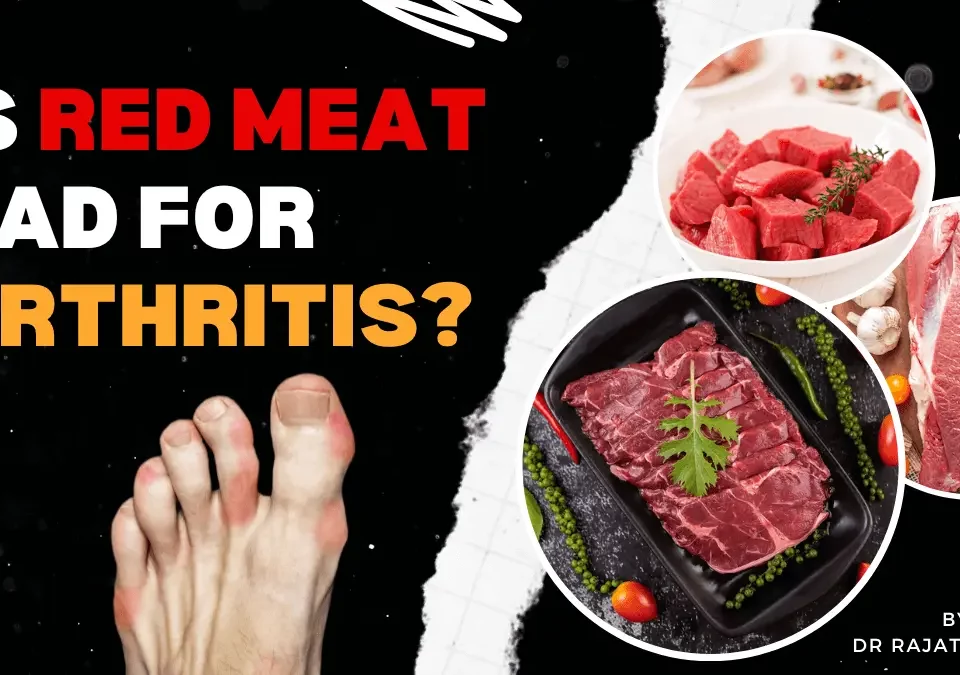Deficiencies in Diabetes

Diabetes Reversal
March 22, 2022
Reasons for high blood pressure & its cure
April 9, 2022Deficiencies in Diabetes
There are many micronutrients that are essential to the functioning of the human body. Vitamins, Minerals & some trace elements are micronutrients. These micronutrients are required in traceable amounts unlike macronutrients, which are required in large quantities. Micronutrients are known to have protective properties. The deficiency of these micronutrients is related to many health problems. In this article, we will learn some of the deficiencies related to diabetes and insulin resistance.
1. Chromiuma. Required: Men – 35 mg, Women – 25 mg b. Food Sources: Broccoli, Green Beans (53%, 6%), Whole Grain Products (Barley 23%) Poultry, Fruits – Apples, Bananas, Grape Juice, Tomato – 4%, Oats – 15%, Black Pepper – 3%, Lettuce – 4%
2. Vanadiuma. Required: Men – 10mg, Women – 60mg b. Food Sources: Mushroom, Parsley, Black Pepper, Dill-weed, Beer, Wine, Grain & Grain Products.
3. Nicotinamide (Niacin) (Vitamin B3)a. Required: Men – 14mg, Women – 16mg b. Food Sources: Liver, Chicken, Breast, Tuna, Turkey, Salmon, Anchovies, Pork, Beef, Peanuts, Avocado, Brown Rice, Whole Wheat, Mushrooms, Green Peas, Potatoes.
4. Magnesiuma. Required: Men – 310mg, Women – 420mg b. Food sources: Avocado, Nuts, Tofu, Legume, Seeds – Flaxseed, Pumpkin, Chia Seeds, Grains – Buck Wheat, Barley, Oats, Banana, Leafy Green Vegetables.
5. Vitamin Ea. Required: Men – 15mg, Women – 15mg b. Food sources:Vegetable oils, Wheat germ oil, Sunflower oil, Safflower oil, Corn, Soya bean nuts, Sunflower seeds, Spinach, Broccoli.
We reverse diabetes with some diet & lifestyle changes and with phytomedicines & nutrients.
6. Vitamin B6 (Pyridoxine)a. Required: Men – 1.3mg, Women – 1.3mg b. Food Sources: Pork, Chicken, Turkey, Fish, Oat Meal, Wheat Germ, Brown Rice, Eggs, Soya bean.
7. Vitamin B12 (Cobalamin)a. Required: 2.4mg Men/Women b. Food Sources: Beef, Liver, Chicken, Trout, Salmon, Fish, Eggs, Cheese, Yogurt.
8. Vitamin B9 (Folate/Folic Acid)a. Required: 400 mg – Men/Women b. Food Sources: Beans, Citric Fruits, Green Leafy, Beets, Cauliflower, Lettuce, Asparagus.
Now, that we know the details of deficiencies that can contribute to diabetes, let’s add the above-stated food to our daily intake to prevent or manage diabetes.







